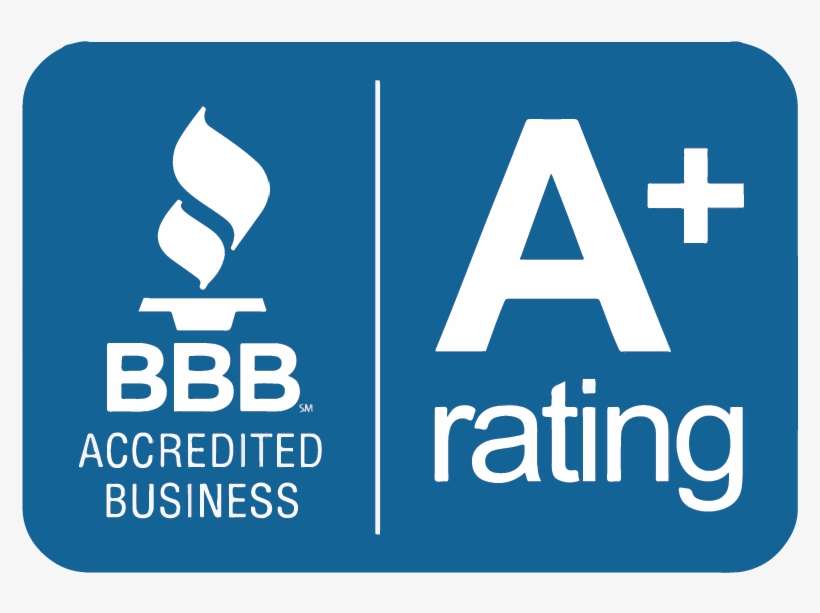PSYCHOLOGICAL TESTING NEAR COSTA MESA
Psychological testing is a critical tool used by mental health professionals to assess, diagnose, and treat various mental health conditions. It can also provide valuable insights into an individual’s strengths, weaknesses, and overall psychological functioning.
In 2021, the National Institute of Mental Health estimated that 14.1 million adults in the United States aged 18 or older had a serious mental illness. Psychological testing plays a crucial role in identifying and diagnosing these illnesses, ensuring that individuals receive the appropriate treatment and support they need.
Who Needs Psychological Testing?
It is estimated that 1 in 4 people have a mental illness. The majority of these individuals are not receiving the necessary treatment to address their condition. This highlights the need for increased awareness and access to mental health services, such as psychological testing, to ensure that those in need receive appropriate care and support.
Psychological testing can benefit individuals in various circumstances. Below are some common reasons for seeking psychological testing:
Mental health diagnosis: Identifying and diagnosing conditions like anxiety, depression, ADHD, or autism to develop appropriate treatment plans.
Cognitive functioning evaluation: Assessing cognitive abilities and identifying potential causes, such as dementia or traumatic brain injury.
Personal growth support: Enhancing self-awareness and personal development through understanding personality traits, strengths, and weaknesses.
If you believe that you or a loved one may benefit from psychological testing, consider reaching out to a qualified mental health professional, like those at Acera Mental Health, to discuss your concerns and determine the most appropriate course of action.
Conditions That May Be Evaluated Through Psychological Testing
Psychological testing can be instrumental in evaluating a wide range of mental health conditions, cognitive issues, and developmental disorders. Some of the most common conditions assessed through psychological testing include:
Anxiety disorders
Depression
Mood disorders
Personality disorders
Borderline personality disorder
Schizophrenia
Autism spectrum disorder
Medication (for associated symptoms)
CBT can also be useful for relieving stress due to other medical conditions, including chronic pain. It can either work alone or in combination with other therapies, such as dialectical behavioral therapy, group therapy, and trauma therapy. CBT is used with other forms of therapy to provide patients with a comprehensive approach to mental health treatment.
CONTACT USBenefits of Psychological Testing at Acera Mental Health
Psychological testing is a valuable tool for identifying and diagnosing mental health issues and learning disabilities early on. Early identification enables timely intervention, improves treatment outcomes, and prevents conditions from worsening. Our experienced clinicians use psychological tests to gain a comprehensive understanding of your cognitive abilities, emotional state, and behavioral patterns.
This information is used to develop personalized treatment plans that address your specific needs and goals, leading to more effective treatment outcomes. Psychological testing also provides individuals with valuable insights into their personality traits, strengths, and weaknesses, which can enhance their self-awareness and lead to better-coping mechanisms and personal growth.
By understanding their unique psychological makeup, individuals can better understand their challenges and develop strategies to overcome them. Our team at Acera Mental Health is dedicated to providing high-quality psychological testing services to help individuals achieve better mental health and personal development.
After Psychological Testing: Next Steps and Treatment Options
Various therapeutic approaches can be effective in addressing mental health concerns and promoting personal growth. Some popular methods include cognitive-behavioral therapy (CBT), which focuses on modifying thought patterns and behaviors, and dialectical behavior therapy (DBT), which emphasizes mindfulness, emotional regulation, and interpersonal effectiveness.
Participating in group therapy sessions allows individuals to connect with others who share similar experiences or challenges, providing a supportive environment for healing and personal development.
For some conditions, medication may be prescribed to help manage symptoms and improve overall functioning. A psychiatrist or primary care physician can provide medication management and monitoring.
Connecting with others who share similar experiences or challenges can be a valuable source of support and encouragement. Support groups are available for a wide range of conditions and concerns.
By following through with the recommendations provided after psychological testing, individuals can access the support and resources they need to improve their mental health, cognitive functioning, and overall quality of life.
See What We’ve Done for Others
Successful trauma therapy involves a combination of tactics with an individualized approach to each patient. At Acera Health, we seek to only implement evidence-based therapy options with a proven track record.
Start your Recovery Journey at Acera Mental Health
We offer professional testing services and aim to work with you to improve your mental health and personal development. Our goal is to provide our patients with outstanding mental health treatment, both in an inpatient and outpatient setting.
Contact us today to learn more about psychological testing at Acera Mental Health. Our goal is to provide you with accurate and objective information to help you achieve better mental health and well-being.







